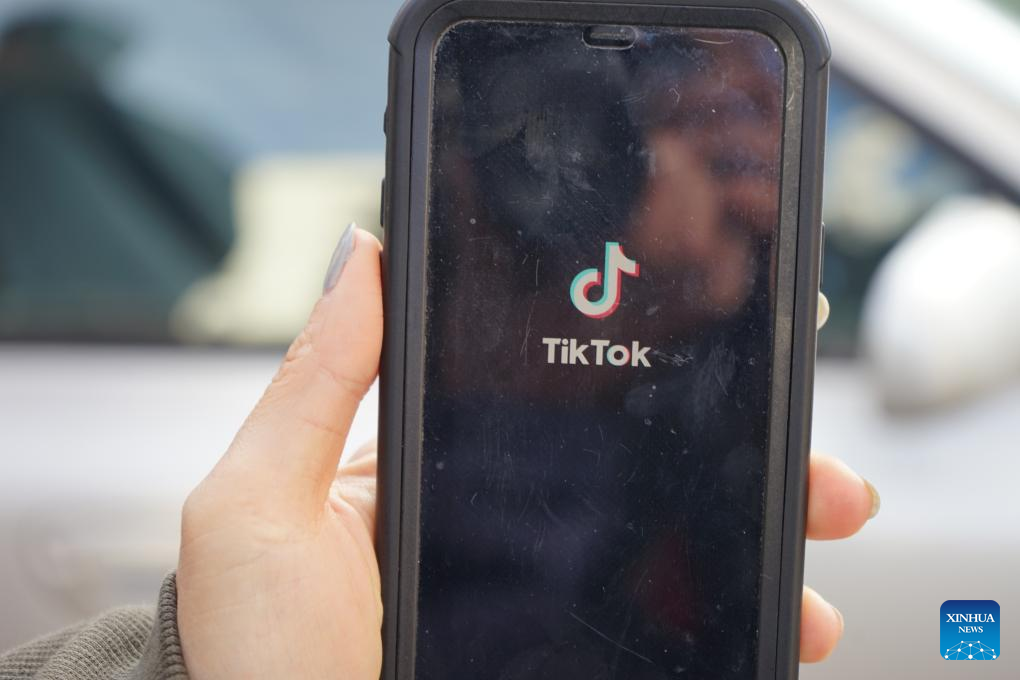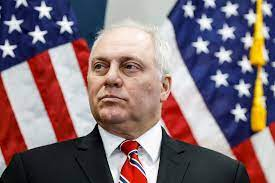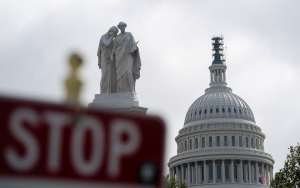A court hearing on social networking platform TikTok’s lawsuit against the western U.S. state of Montana over the state’s ban on the app was held in Missoula, Montana, on Thursday.

The hearing started Thursday morning in the U.S. District Court for the District of Montana in Missoula.
U.S. District Judge Donald Molloy heard arguments filed by TikTok and five Montana content creators against the state’s ban.
Attorneys for TikTok and the content creators argued that the state has gone “completely overboard” in trying to regulate TikTok and is essentially trying to implement its own foreign policy over unproven concerns.
Molloy questioned the state’s evidence supporting its national security concerns, and if it should make the decision on whether users share their data with the app.
He voiced doubt over Montana’s “paternalistic” ban of TikTok during the hearing.
Molloy also questioned the attorney representing the state of Montana how the state plans to enforce the law on Native American reservations in Montana where the state does not have criminal jurisdiction.
The hearing lasted for about an hour. At the end of the hearing, the judge said he would offer a preliminary resolution on the matter as soon as possible.
Attorneys for both sides did not respond to reporters’ questions after the hearing.
Montana Governor Greg Gianforte signed an act on May 17 banning the operation of TikTok throughout the state starting Jan. 1, 2024.
The act made Montana the first U.S. state to prohibit the use of or access to the social networking platform.
To enforce the ban, the legislation imposes a 10,000 U.S. dollars penalty for each “discrete violation,” defined as any time an individual in Montana accesses TikTok, is offered the ability to access TikTok, or is offered the ability to download TikTok, according to the company.
TikTok filed a lawsuit in the U.S. District Court on May 22, arguing that Montana’s ban abridges freedom of speech in violation of the First Amendment, violates the U.S. Constitution in multiple other respects, and is preempted by federal law.
Another lawsuit against Montana was filed by five TikTok content creators. The plaintiffs, including businesswomen, a rancher, a student and a veteran, all create, publish, view, interact with and share TikTok videos with “significant audiences.”
The content creators argued that the ban violates free speech rights and could cause economic harm for their businesses.

